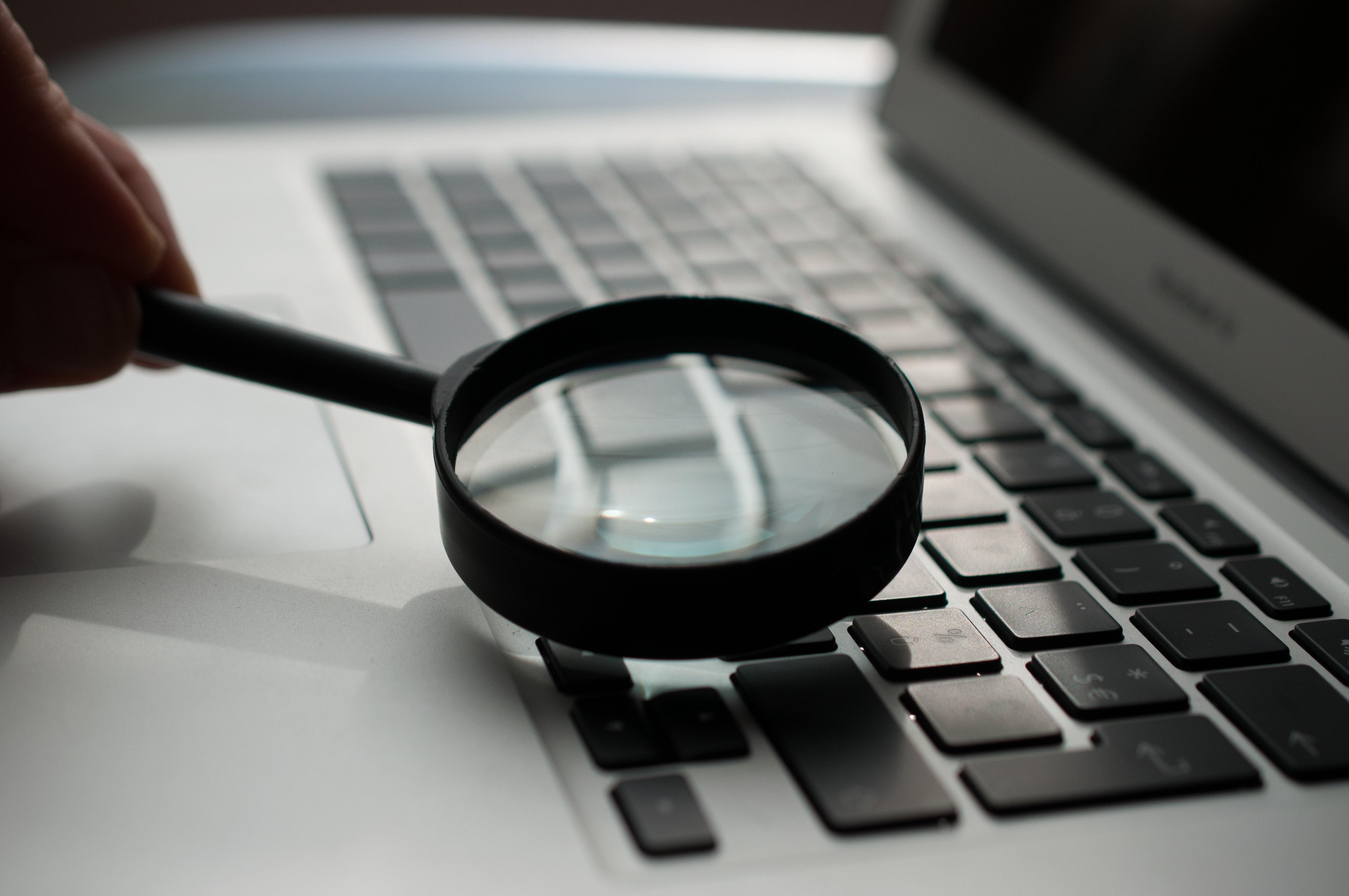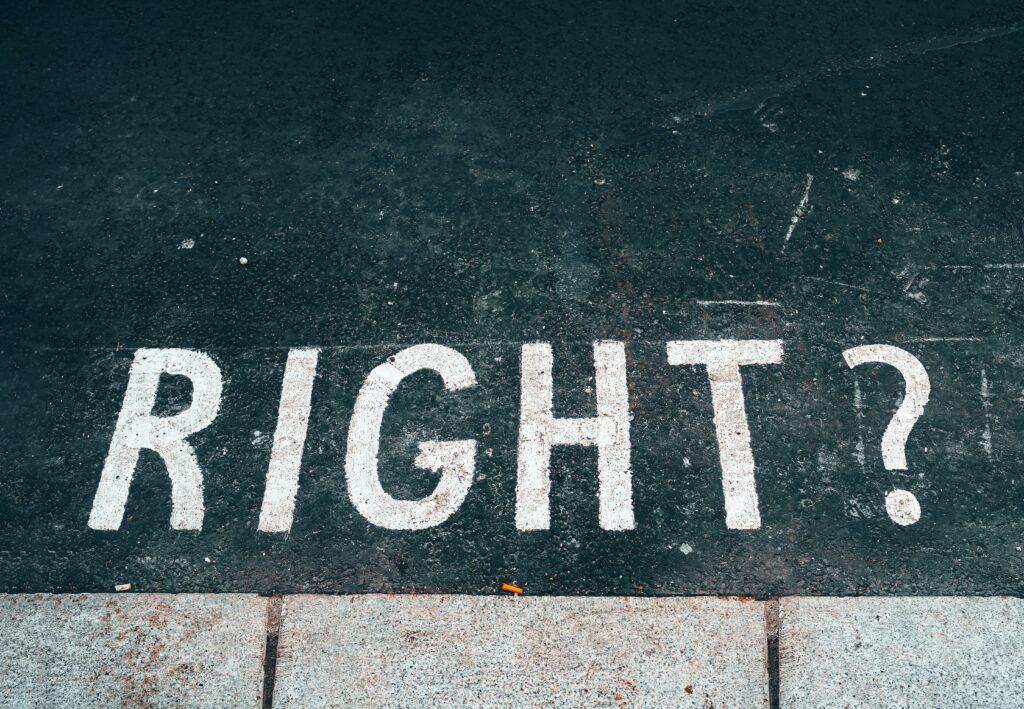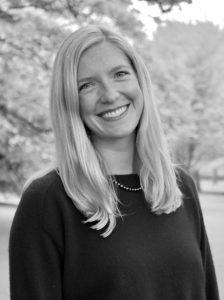How often do you seek out perspectives radically different from your own?
In a recent conversation, a friend shared her dismay at learning that her male cousin was a loyal follower of Andrew Tate, the aggressively misogynistic mega-influencer recently implicated in charges of rape and human trafficking in Romania. Despite my friend’s horror at Tate’s hateful language and his advocating for violence against women, she felt it was necessary to understand her cousin’s draw to Tate. She took the opportunity to listen to Tate’s podcast and explore his social media herself.
I admired her courage in seeking out a political perspective that was so fundamentally opposed to her own, not to mention one that represents a credible threat to women and other marginalized groups. It got me thinking how rarely we are able and/or willing to subject ourselves to perspectives that come into conflict with our own.
While I would never advise vulnerable groups to subject themselves to hate speech, it is true that most of us unintentionally seek out perspectives that support our existing beliefs. We are all subject to this fundamentally human tendency, and it’s called confirmation bias.


We are more likely to search for, interpret, favor, and recall information in a way that confirms or supports our prior beliefs or values. This tendency is even stronger when we’re talking about emotionally-charged issues or deeply held beliefs. Unfortunately, confirmation bias can lead us to poor decision-making, as it distorts the reality from which we draw our evidence. We may unconsciously give more weight to sources that confirm what we think we already know, rather than weighing it equally against differing opinions.
Confirmation bias plays out in our real-time interpretation of events, as well as recall or memory. Rarely does our memory of an event reflect reality. Rather, we will remember certain events in a way that confirms what we believe about ourselves and the world. This is partially why witness testimonial is considered an unreliable source of evidence in court.
It’s easy to see the sinister implications of confirmation bias for science or politics. The concept of the social media echo chamber is now a widely acknowledged phenomenon, whereby algorithms limit our exposure to diverse perspectives. But less recognized is the impact of confirmation bias on our sense of self and wellbeing.
On a personal level, when we buy into these harmful mental narratives about who we are and what we’re capable of, we keep ourselves from achieving our full potential. If I believe, consciously or unconsciously, that I am bound to fail, every minor failure will feel like another nail in the coffin.
This deterministic thinking might sound like:
- “I did terribly on that last performance review because I’m not a good communicator”.
- “I got rejected from that publication because I’m a terrible writer”.
We forego alternatives—maybe that submission was rejected because of the publisher’s priorities, not because you’re a terrible writer!—in favor of information that supports what we think we already know about ourselves and our capabilities. And since we all tend to be our own worst critics, it’s a slippery slope.
Here are some strategies to counteract confirmation bias:
- Rigorously vet the information you consume. We live in a world rife with misinformation, and be aware that social media algorithms and search engines actually reinforce confirmation bias. In other words, how you frame a question when you type it into Google dictates the types of results you get.
- Get your news from qualified experts with high-quality evidence backing their assertions.
- Actively seek out folks who see and experience the world differently than you do! Get out of your echo chamber and engage with opinions/perspectives that challenge you. Strive for a culture of respectful dissent rather than hostile polarization.
- Get comfortable with being uncomfortable.
- And above all…. Stay curious! Be humble. Relinquish the need to be ‘right’ or the idea that someone else is ‘wrong’.
Know that confirmation bias is totally human. It is a functional adaptation designed to minimize cognitive dissonance. It allows us to process the ridiculous amount of information we’re exposed to on a daily basis, filter it, and try to make sense out of it.
Confirmation bias is a result of the way our brain works. It is just one way in which we try to establish safety and security in a world that is constantly throwing us curve balls!
Tags
About the author

